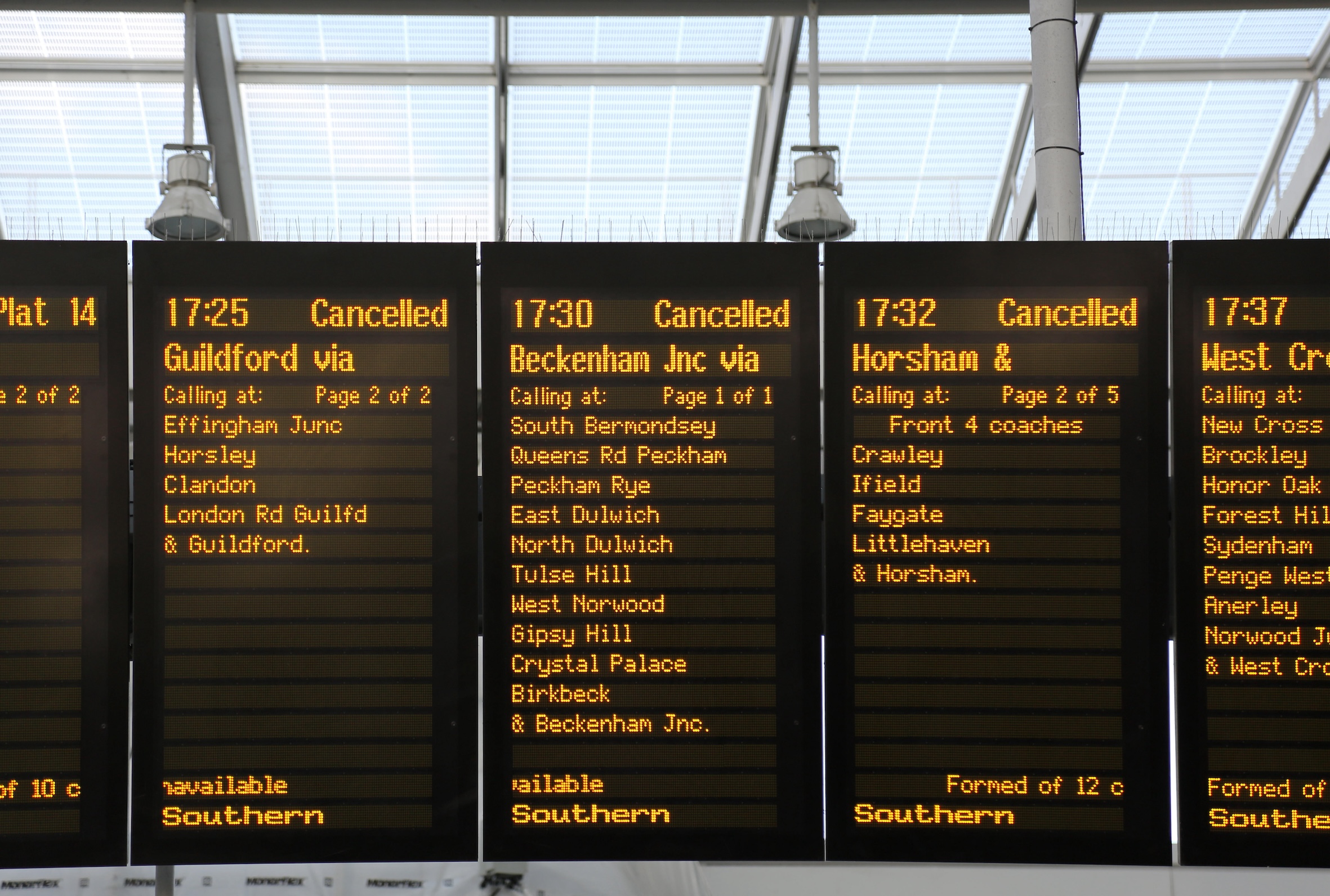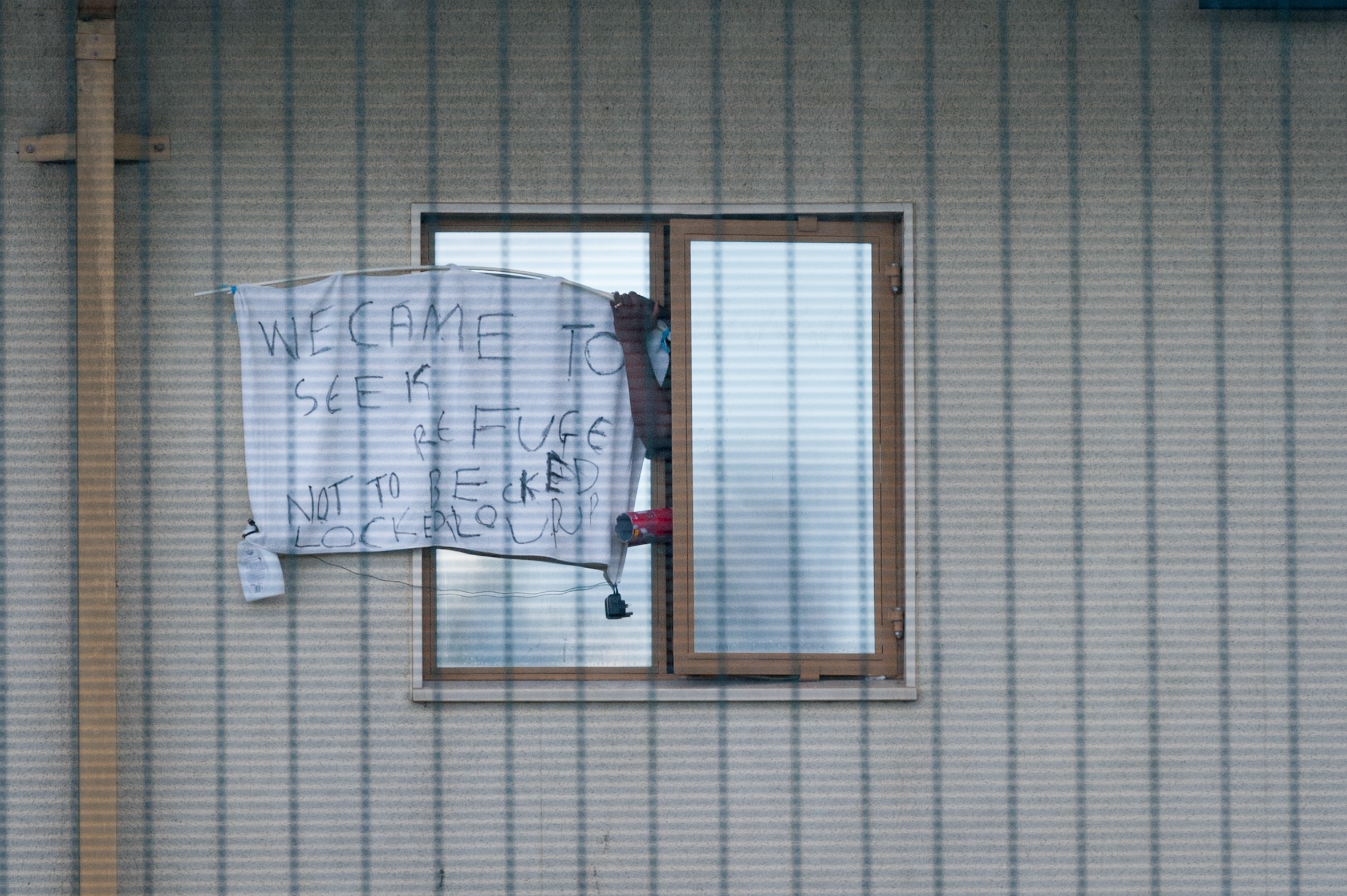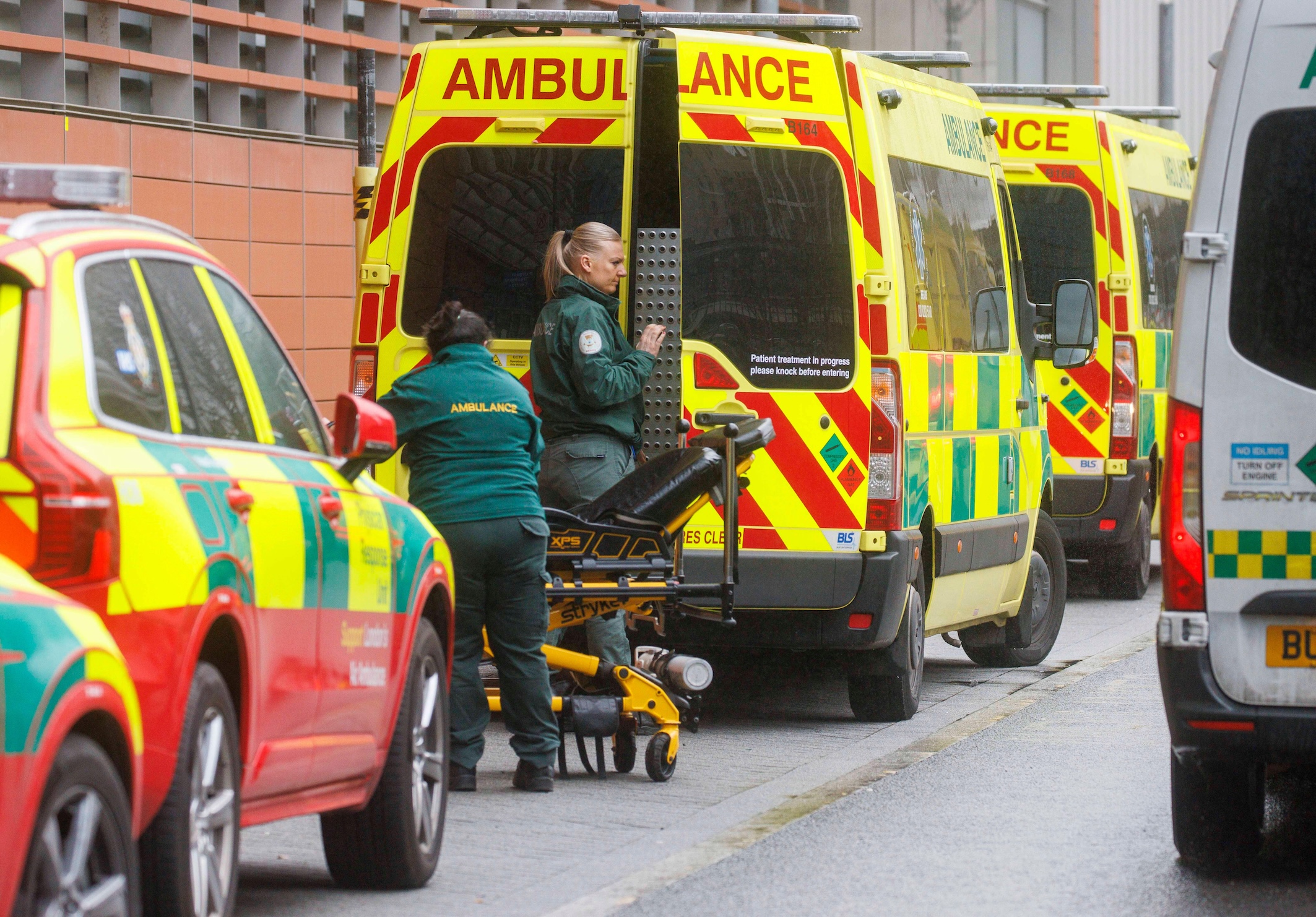The classroom crisis can't continue under Labour
The teaching profession has been devalued to the point of absurdity, with staff drafted into classrooms with little or sometimes no qualifications.
School buildings are crumbling, a fifth of pupils don’t turn up, behaviour is out of control, and teachers have left the profession in droves. Our education system has been chronically underfunded since 2010, and the negative consequences of that are set only to spiral. Sticking plaster over this won’t do.
Take the recruitment crisis, for instance – the Conservatives say 27,000 extra teachers have joined the industry since 2010, but the profession has been devalued to the point of absurdity, with teachers drafted into classrooms with little or sometimes no teaching qualifications. The result, unsurprisingly, is chaos. Schools where behaviour was previously ‘challenging’ are now unsafe; pupils have no idea who will be standing in front of them from one day to the next; while teachers – from the newly qualified to veterans – are signed off with stress after working 65-hour weeks, or jumping ship entirely.
Our curriculum has become stiflingly narrow, with much emphasis put on English, maths and science at the exclusion of arts, humanities, sports, language, IT and more. This does not benefit children, but it satisfies the government’s urge to rapidly boost England's international rankings. Today, the prime minister can boast that English kids are “the best readers in the Western world”, but at what cost?
The academy model needs close scrutiny, with particular concerns around how public funding is being diverted from the classroom into senior executive salaries, with more than 40 academy trust CEOs on salaries of more than £200,000, while spending per pupil has in some plummeted to £4. Public funding is being sucked up into bureaucracy, one teacher of 30 years recently told me, with decisions routinely made from a financial rather than child-centred perspective.
The Conservative manifesto pledges to ensure technical and academic education are put on equal footing, 60,000 more school places and 15 new free schools for children with special educational needs, “more mental health support”, and mandating two hours per week of PE.
The response across the education sector can be summarised as - ‘more of the same’, with Daniel Kebede, General Secretary of the National Education Union (NEU), describing Rishi Sunak’s promise to protect schools’ spending on reading as “a bad joke”. He says the Conservatives’ pledge translates into £175m per year, yet “on average school funding has increased by £1.8 billion per year since 2010, which was not enough and has resulted in 70% of schools with lower spending power.”
Labour’s well-publicised pledge to scrap private school VAT exemptions would, it says, pay for 6,500 expert teachers, all of whom would have to have – or be working towards – qualified teacher status. The curriculum would be reviewed to introduce more breadth, and children would be supported to take creative or vocational subjects until they were at least 16. There would also be specialist mental health professionals in every school.
The NEU says they welcome the commitment but insist 6,500 teachers, although a start, does not go far enough. They say 33,000 teachers are needed and call for £12.2 billion to start reversing the impact of 14 years of cuts. The Liberal Democrats have pledged to increase school and college funding per pupil above the rate of inflation every year, while the Green Party is the only party to pledge the end of high-stakes testing, something desperately needed to end the exam-factory culture that damages children.
Children spend most of their waking hours within our education system – when we fail them, the knock-on effects are endless. We now have an opportunity to undo the damage of the past 14 years, but that will take time, investment, boldness and integrity. Let’s hope the next government, likely Labour, has what it takes.
The Lead is now on Substack.
Become a Member, and get our most groundbreaking content first. Become a Founder, and join the newsroom’s internal conversation - meet the writers, the editors and more.





